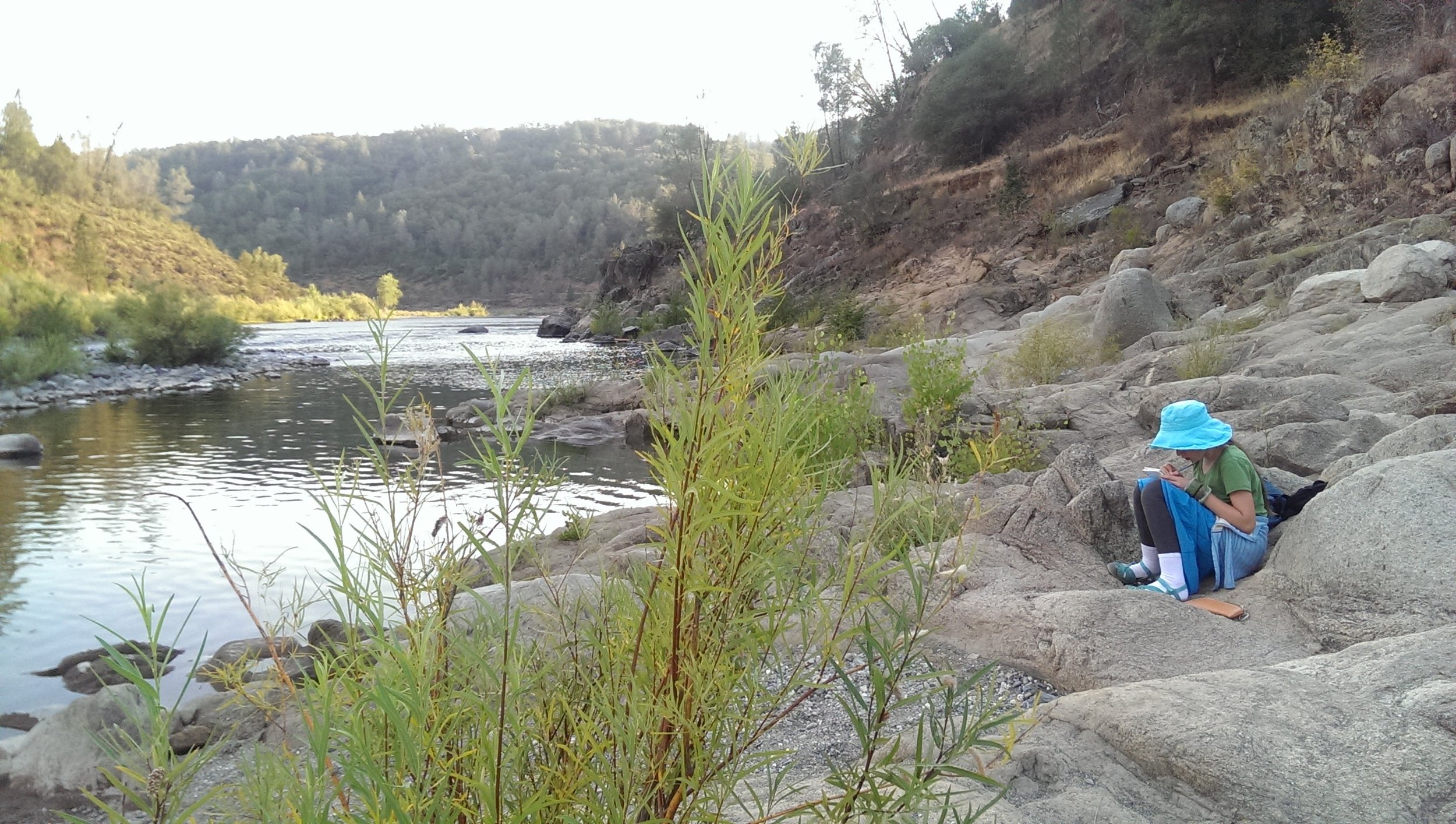
Benefits of Nature for Children
Childhood has moved indoors, leaving kids disconnected from the natural world, and this has serious consequences for physical health, mental health, and environmental stewardship.
Why do kids need nature? Research shows that connecting children to nature has numerous benefits for their physical health, mental health, academic achievement, and care for nature. Check out these excellent research-based resources provided by the Children and Nature Network, a nonprofit organization co-founded by Richard Louv, author of the Last Child in the Woods: Saving Our Children from Nature-Deficit Disorder.
“Teaching children about the natural world should be seen as one of the most important events in their lives.”
—Thomas Barry, The Dream of the Earth
Click the nature infographics below to enlarge or download.
Nature Can Improve Academic Outcomes.
Learning in natural environments boosts performance in reading, writing, math, science, and social studies.
Learning in natural environments enhances creativity, critical thinking, and problem solving.
Exploration and discovery through outdoor experiences increases enthusiasm for learning and promotes greater engagement with learning.
Spending time in nature can help children focus their attention and decrease ADHD symptoms.
Green Schoolyards Can Improve Academic Outcomes
Green schoolyards offer improved outcomes in science, math, and language arts, including better grades, higher test scores, and enhanced knowledge.
Green schoolyards help students focus attention and regulate behavior, enhance engagement with school, and support creativity, critical thinking, and problem solving.
Nature Play Can Encourage Care For the Earth.
Children who are connected to nature have better health, higher satisfaction with life, and pro-environment behaviors.
Meaningful, positive experiences in nature guide children, youth, and adults toward care for nature.
Time in nature during childhood and role models who care for nature are the two biggest factors that contribute to environmental stewardship in adulthood.
Meaningful outdoor experiences benefit children and inspire them to love and care for nature.
Nature Can Improve Health and Wellbeing.
Time spent in bright sunlight can reduce nearsightedness and increase vitamin D levels.
Children are better able to cope with stress when they live near trees and other greenery.
Learning in nature can support improved relationship skills and reduce stress, anger, and aggression.
Additional Resources
ARTICLES
“What Happens When We Reconnect with Nature?” from the Greater Good Science Center at U.C. Berkeley
“Better Than Medication: Prescribing Nature Works, Project Shows,” from theguardian.com
BOOKS
The Last Child in the Woods: Saving Our Children From Nature-Deficit Disorder, by Richard Louv
The Nature Principle: Reconnecting with Life in a Virtual Age, by Richard Louv
TALKS
Prescribing Nature for Health, TED Talk by Dr. Nooshin Razani, director of the Center for Nature and Health at UCSF Benioff Children's Hospital Oakland
Nature Connection Through Deliberate Attention and Curiosity, TEDx talk by John Muir Laws, award-winning artist, author, educator, scientist, and principal innovator of the global nature journaling movement. Laws is also the co-founder and president of the Wild Wonder Foundation.
“If nature experiences continue to fade from the current generation of young people, and the next, and the ones to follow, where will future stewards of the earth come from?”
—Richard Louv
“Nature is not a place to visit. It is home.”
—Gary Snyder




